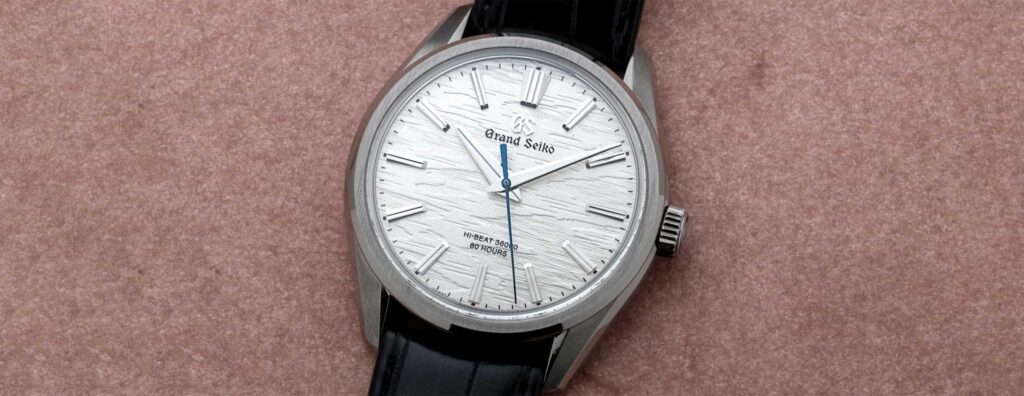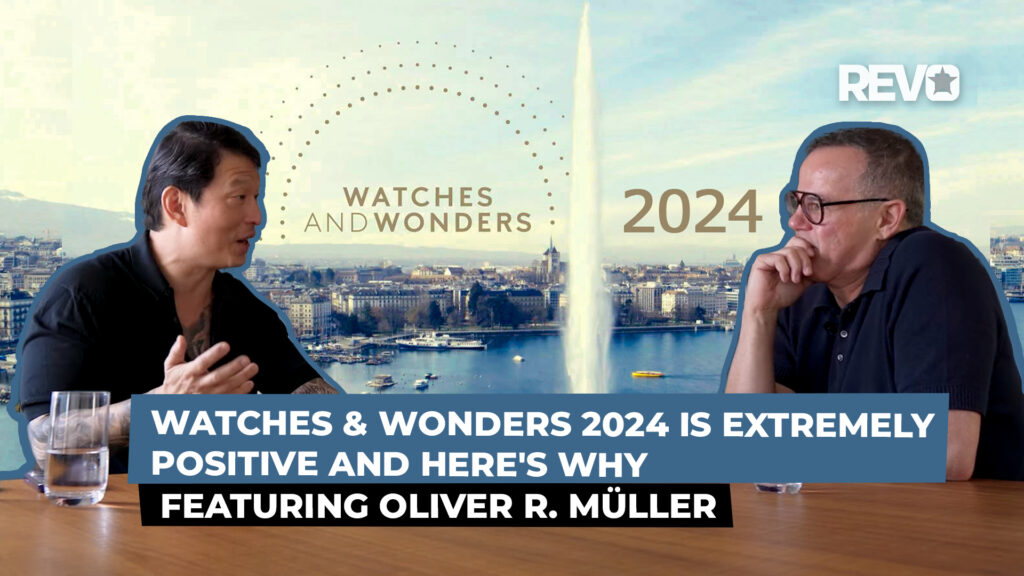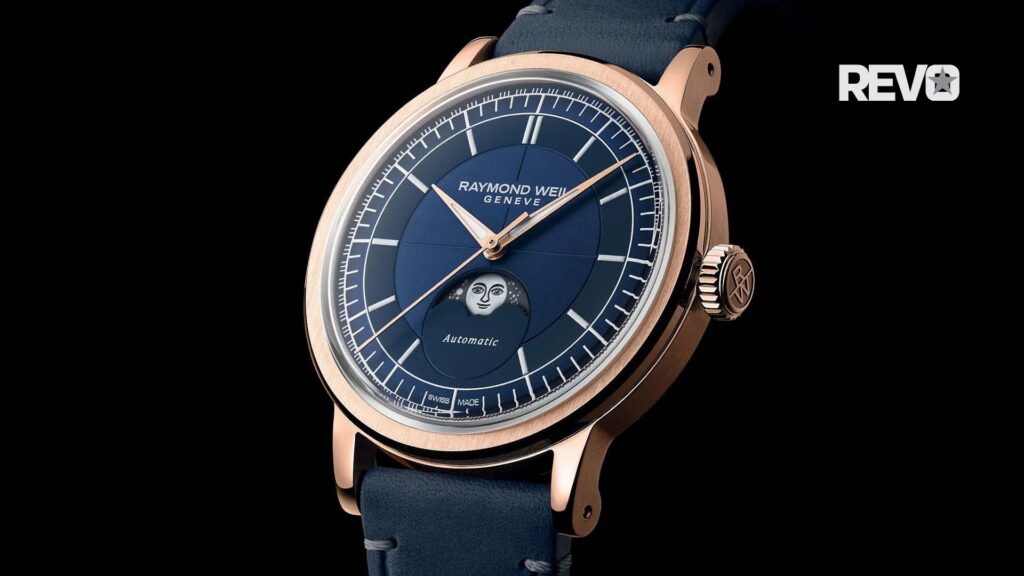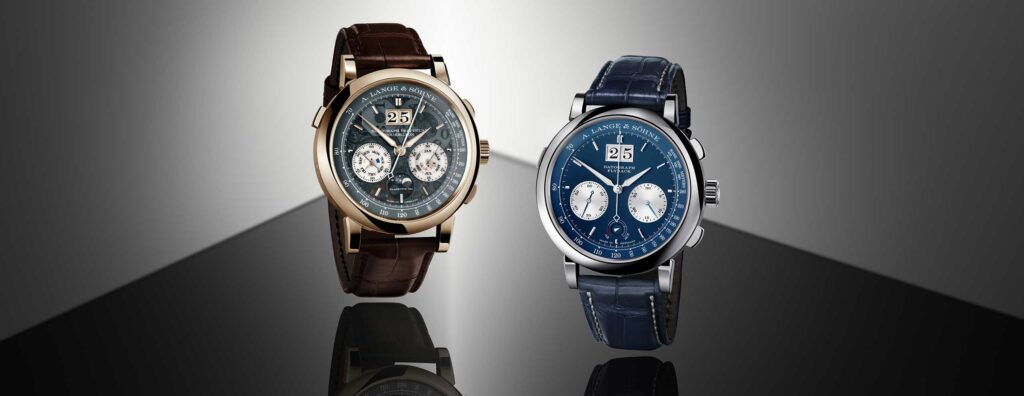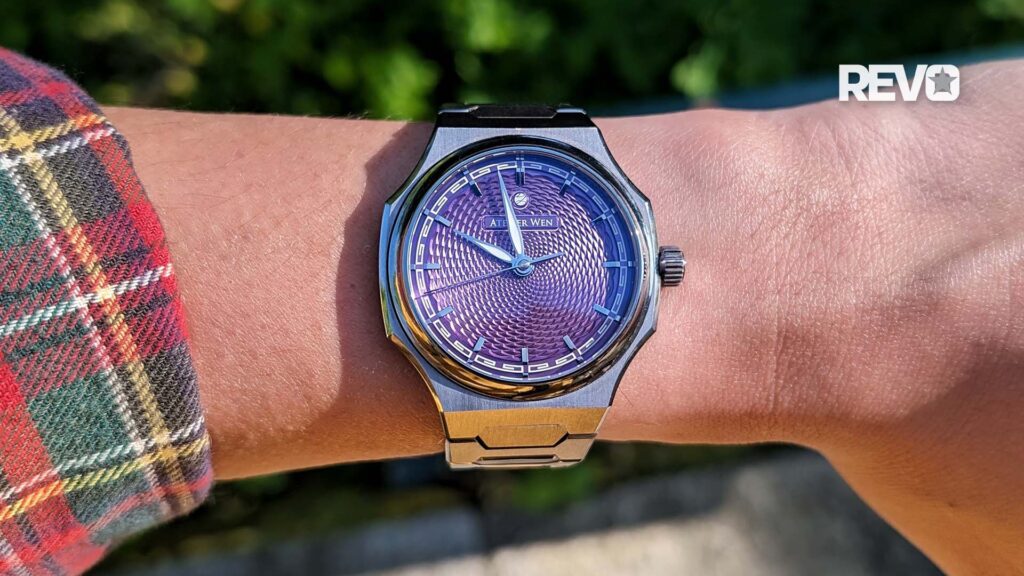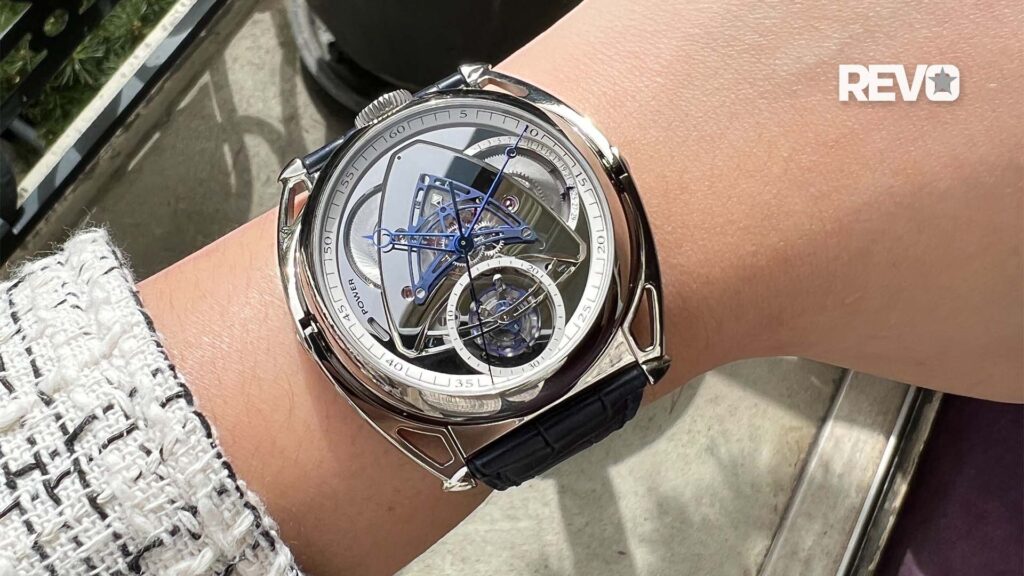Breguet
Rolling back the Plastic Plague in Our Oceans
Fear is a great way to get people to listen, but it only works for so long, especially if consumers feel they are being played. We are asked to worry about so many things that, after a while, we just think that if we can’t solve all of them, we may as well just whistle and walk the other way.
It’s Nigh Time to Fear for Our Oceans
Unfortunately, hidden among manufactured concerns about victimless crimes and overblown health scares, there are some things that we really do need to worry about, things that nobody can escape. And nothing is more pressing than the vast quantity of plastic that we continue to throw into the ocean on a daily basis.
More people do finally seem to be waking up to the seriousness of choking the world from the sea upwards. Says naturalist and broadcaster Sir David Attenborough, “For years, we thought that the oceans were so vast that nothing we could do could have an effect upon them, but now we know that was wrong. It’s clear that our actions are having a significant impact on the world’s oceans.”
Watch Companies on Campaign
The problem is now getting a good deal of attention in the watch world, too. Watch companies caring for the oceans is nothing new. Back in 2012, Rolex took part in James Cameron’s DeepSea Challenge, sending an experimental diving watch on the film director’s submarine voyage to study the deepest reaches of the ocean. Jaeger-LeCoultre has been supporting World Heritage’s marine conservation work for over a decade. IWC Schaffhausen supports the Charles Darwin Foundation in preserving the incredible but fragile Galapagos Islands. Blancpain’s Ocean Commitment initiative has backed a variety of conservation programmes, such as Pristine Seas, which establishes protected areas where marine life can thrive. Omega in turn helps the GoodPlanet Foundation promote sustainability and waste reduction and from this year, Seiko will be working with Fabien Cousteau and the Ocean Learning Center.
Bremont: Keep Hawaii Clean
A conversation with Mark Healey, a free-diver, surfer, adventurer and environmentalist who is working with Bremont, helped explain to me why the problem of plastics is so urgent, making the very stark that no matter how far you travel in the world, you will see piles of plastic. “It is heartbreaking,” Healey said. “I’ve spent my life going to find the most far-flung beaches in the world and you are 100 per cent guaranteed that there will be trash all over them. That fantasy of pulling up to a beautiful island and seeing a clean, abandoned beach is just that – a fantasy.
Breitling: Someone Needs to Pick the Trash
Although clearing plastic from beaches can hide the problem from ignorant eyes, it is still a vital part of the vast clean-up job we have created for ourselves. Breitling is organising beach clean-ups around the world as part of its support for Ocean Conservancy, an environmental charity that has its origins in the Save the Whale movement of the 1970s. People of all ages will be invited to participate, and they will be offered advice on how they can help restore the health of the ocean and prevent pollution. Everything collected will be disposed of in the most ecologically responsible way.
Oris: Saving Clipperton Island
Commitment for the long haul is key. Oris has a long history of supporting various marine conservation organisations. It is currently backing an expedition to Clipperton Island, an uninhabited coral atoll in the Pacific. Clipperton is an incredibly isolated location almost 700 miles south of the Baja California peninsula. It is so remote and difficult to access that more people have scaled Mount Everest than have stepped foot on Clipperton Island. The surrounding waters are a critical migration corridor for a number of threatened species of shark and other marine life.
Ulrich Herzog, Chairman of Oris, says: “We need to continue to tell the tragic story of what is happening to our oceans, the effects plastic is having on the eco-system and the devastating outcome if we don’t collectively make a conscious effort to change it. Once people are aware of the impact single-use plastic has on the environment, we can then work to change their behaviour.”
Certina: Eye on the Turtle
Whilst creatures at all levels of the food chain suffer from plastic pollution, the delightfully photogenic turtle is one of the animals that has become an emblem for ocean conservation. Certina has been working with the Sea Turtle Conservancy (STC) to help safeguard the safety of turtles via research and education programmes throughout the Caribbean, Atlantic and Pacific. One STC initiative that Certina is supporting is Tour de Turtles, a tracking programme that allows the public to follow sea turtle migrations online.
Breguet: Upcycling
Breguet has teamed up with Race for Water to raise awareness of ocean preservation in general, but also to help turn plastic waste into energy. With Breguet’s support, Race for Water has embarked on a five-year-long mission that it calls the Odyssey of Hope. A team of experts are travelling all over the world in a specially designed hydrogen-and-solar-powered boat visiting some of the areas worst hit by plastic pollution. The aim is to promote a system for collecting plastic waste and turning it into energy. Breguet is committed to supporting the new Odyssey through its completion in 2021.





